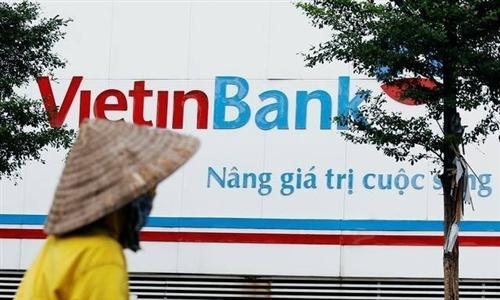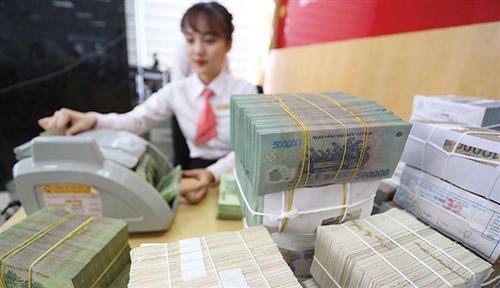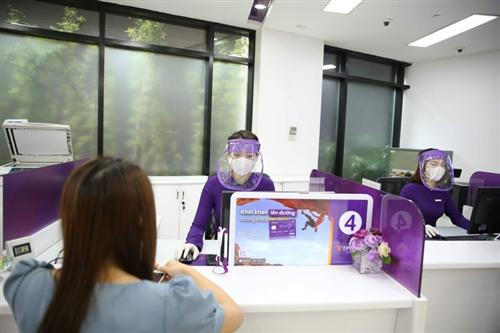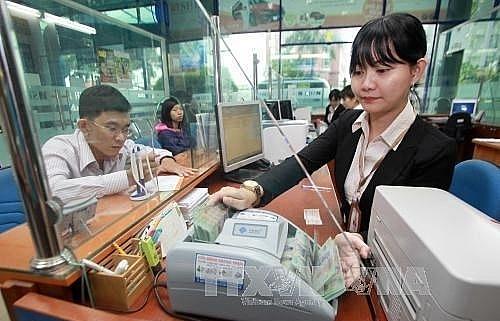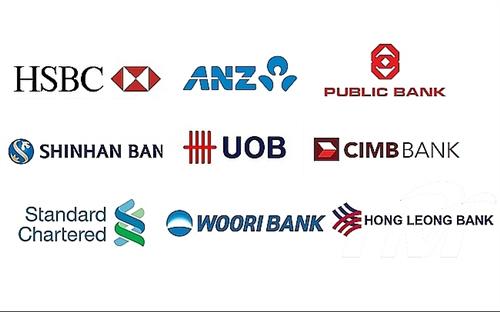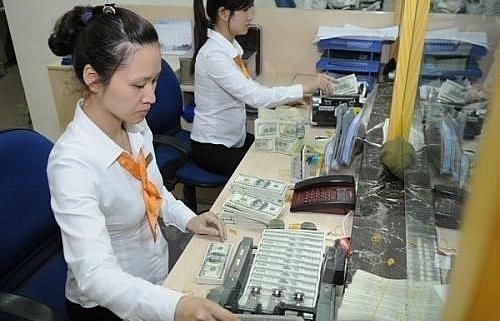Vietnam’s online payment grows robustly in pademic time
Vietnam’s online payment grows robustly in pademic time
Many local shoppers have preferred online payment services to cash payment in the ongoing social distancing period.
Online payment services in Vietnam have been thriving thanks to its advantages of safety and convenience in the context of disease transmission risks from cash. Many local banks and intermediary payment service providers have offered promotions to stimulate online transactions for local shoppers.
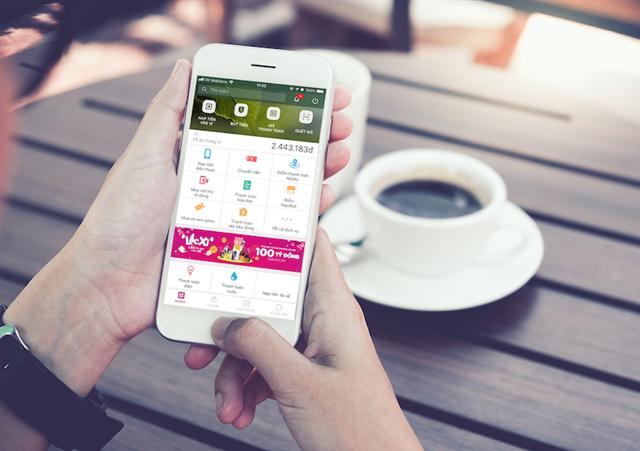
Photo: Momo
|
Online payment gains popularity
Nguyen Thanh Lan in Thanh Xuan district, Hanoi, is familiar with e-wallets and use them frequently when she goes shopping at supermarkets every week. “Payment via e-wallets entitles me to 10% off each invoice,” she told Hanoitimes. “In the pandemic, cashless payment methods have been strongly promoted at supermarkets.”
Like Lan did, Tran Ngoc Anh, a 34-year-old employee in Cau Giay district, preferred to use mobile banking and e-wallet than cash to pay bills while shopping. “The methods help me order first necessities from home and avoid long queue at counters when an increasing number of people go shopping to stockpile foods,” she said.
Many online payment service providers have also witnessed an increase of demand for their payment services at the same time. ZaloPay, VNG-backed e-wallet, recorded sharp growth in transactions in the past few months. According to the service provider, the reason is that the implementation of the social distancing order boost the demand for online shopping. Its partners such as chains of food, foodstuffs and supermarkets turned to online channels instead of street stores.
VNPAY-QR, a Vietnamese payment gateway, saw strong growth in number of transactions via its service in February, much higher than that a year earlier. “The coronavirus pandemic has changed consumer behaviors, most of them tend to use modern and safe online payment methods. As the methods are familiar with the consumers, it will change the habit of payment from traditional to online,” a representative from the company told local media.
NextTech Group, which owns Vimo.vn (e-wallet), Nganluong.vn (online payment gateway) and mPoS.vn (point of sale devices), observes the payment industry has changed dramatically, especially the change of consumer behaviors in the last two months. “The results from cashless payment in the last two months have been as much as those of the last 10 years combined,” Dao Minh Phu, the group’s general director, told the Dau Tu newspaper. “Tens of thousands of units, businesses, shops have switched to the online business model to survive and overcome the pandemic. The number of our partners who have applied online payment has skyrocketed recently."
Particularly, Nganluong.vn increased more than 30% in transaction volume in March compared to that of January and February. Meanwhile, during the first days of April, transactions via mPOS.vn decreased 60% compared to the number of the previous period.
Stimulus programs from banks
Local consumers and businesses have also benefited from the State Bank of Vietnam (SBV)'s policy on reducing fees for money transfers, which aims to support local companies to overcome difficulties caused by the Covid-19 pandemic as well as encourage cashless payments.
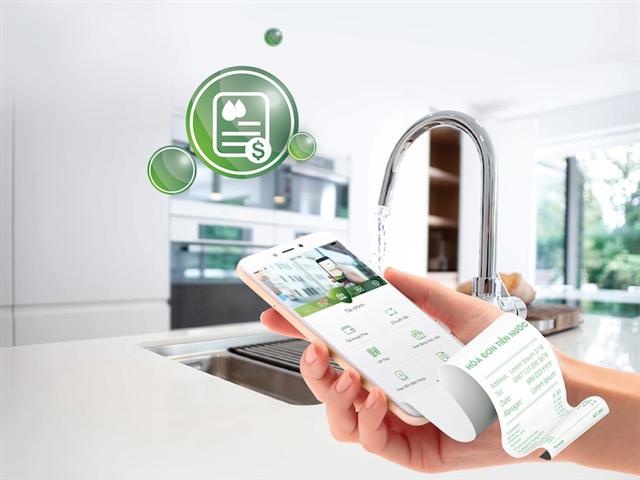
Photo: VCB
|
Statistics from the National Payment Corporation of Vietnam (Napas) showed that 39 out of its 45 banking members have cut fees for customers by 90% and some offered zero charges for fast inter-bank fund transfers of sums worth less than VND2 million (US$85) from February. The program will be valid until the end of this year.
From the program was started after Lunar New Year to March, Napas saw an increase of 76% year-on-year in total number of cashless payment transactions through the system.
The number of small-amount transactions in March increased 32% compared to February. The small amount transactions through its system accounted for 65% of total transaction volume. “This shows that customers have switched from cash to cashless payment methods to limit impacts from the Covid-19 pandemic,” a representative from the group said in its press release late in March.
Moreover, local banks have focused more on developing digital banking technology, of which the mobile banking applications meet most transaction and payment needs of users such as saving, online loans, payment for essential services (electricity, water, pay TV, internet), other utilities to buy airline tickets, book hotel rooms, transfer money, send gifts and purchase vouchers.
According to the SBV, there are currently 123 providers of payment services via the internet and mobile devices. In particular, financial transactions via the internet in 2019 reached more than 200 million, with a value of more than VND10 trillion (US$425.3 million), up 51.8% compared to 2018.
Vietnamese mobile carriers such as VNPT, Viettel and MobiFone are ready to join the electronic payment market with the direct carrier billing service, known as Mobile Money, that aims at serving people in remote areas, especially in places where banking services are not available, and boosting cashless payments.
In its latest movement, the SBV will submit the Mobile Money project to the government by the end of April after completing the pilot scheme allowing online purchases with mobile devices.




